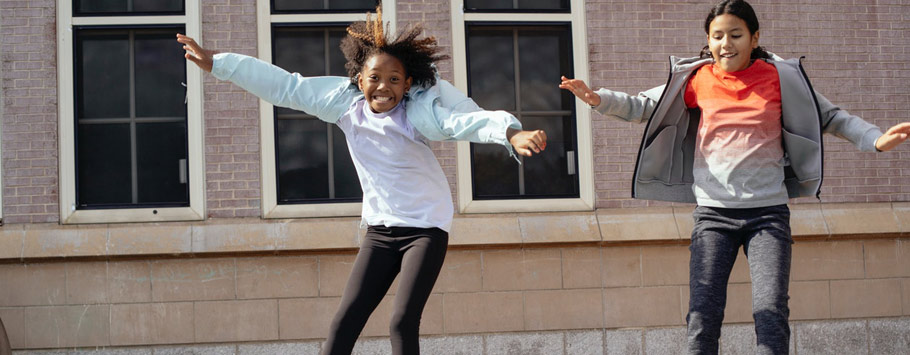Modelling Bildung in prevocational secondary education

- Start: 1 September 2021
- End: 1 April 2023
- Status: ongoing
This one-and-a-half-year project aims to encourage teachers in pre-vocational secondary schools (vmbo) to make their class and school a place where pupils can experience Bildung. Another goal is to investigate how teachers put Bildung into practice and what pupils notice about their efforts.
Description
Professional learning communities
Professional learning communities (PLCs) are set up in four provinces, in which vmbo teachers exchange experience and knowledge about Bildung and develop this knowledge further. This is done in six meetings via a research-based design process, in which teachers make a plan about how they can improve their modelling behaviour. When teachers apply these insights to their lessons, this will lead to more Bildung-inspired lessons for pupils. Also, a trajectory for school leaders of involved school leaders will lead to more school-wide attention being paid to Bildung. Teacher-researchers from the teacher training programmes of four universities of applied sciences (Fontys Hogescholen, Hogeschool Utrecht, Hogeschool Arnhem-Nijmegen and Hogeschool Windesheim) will supervise the meetings.
Scientific study
The University of Humanistic Studies conducts a practice-based, largely qualitative study to find out to what extent and how secondary school teachers model Bildung, and how this is perceived by their pupils. Specifically, we will investigate to what extent the ideals of teachers concerning Bildung correspond with their concrete lesson plans, their behaviour in the classroom and the pupils' perceptions thereof. This research contributes to a stronger knowledge base on Bildung in education, and results will be widely shared via a website, webinars, a book and several articles.
Bildung
In the past decade, Bildung has often been cited as an alternative to an educational vision in which the transfer of subject-specific knowledge and skills and preparing for the labour market are central. Bildung is instead about educating the whole person, as an end in itself. In the Netherlands, the German Bildung tradition has been developed for general education and higher education, but hardly for (pre)vocational education. And this while pupils’ formation is an important part of vmbo, and about half of all pupils in the Netherlands attend vmbo. In this project, the potential of the Bildung tradition for pre-vocational secondary education is elaborated and critically monitored.
Continuation of pilot
This project is a follow-up on the pilot project Bildung doen in het vmbo ('Making Bildung in prevocational secondary education'), which ran from 1 March 2020 to 1 May 2021. In this pilot, two professional learning communities (PLCs) on Bildung were set up for vmbo teachers from the middle and south of the country. Thirteen teachers from nine secondary schools were involved. Teacher-researchers from Fontys and Utrecht University of Applied Sciences supervised the meetings. With its partners, the UvH carried out research into the professional development of the secondary school teachers during the professional learning community.
Researcher
Partners
- 20 teachers working at 10 pre-vocational secondary schools
- Normative Professionalisation Research Group, HU University of Applied Sciences Utrecht
- Fontys Teacher Training Programme, Tilburg
- HAN University of Applied Sciences, Arnhem/Nijmegen
- Windesheim University of Applied Sciences
(Co-)financing
A Dutch foundation.Also see
Project website bildungvmbo.nl
Contact
Wouter Sanderse, W.Sanderse@UvH.nl.
Photo on top by Mary Taylor via Pexels
This one-and-a-half-year project aims to encourage teachers in pre-vocational secondary schools (vmbo) to make their class and school a place where pupils can experience Bildung. Another goal is to investigate how teachers put Bildung into practice and what pupils notice about their efforts.